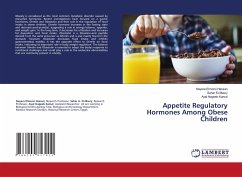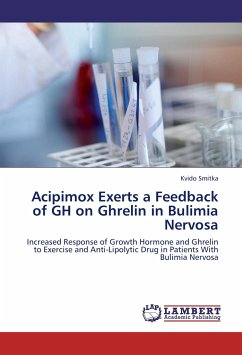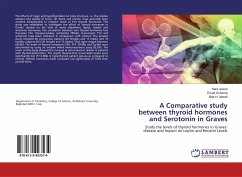Obesity is considered as the most common metabolic disorder caused by disrupted hormones. Recent investigations have focused on 2 gastric hormones, Ghrelin and Obestatin and their role in the regulation of food intake in obese children. Ghrelin hormone increases in the fasting state and decrease post-prandial, suggesting a role in energy balance, appetite, and weight gain. In the long-term, it decreases fat utilization and increases fat deposition and food intake. Obestatin is a 28-amino-acid peptide derived from the same precursor as Ghrelin and is also mainly found in the stomach; however, Obestatin decreases food intake and inhibits gastrointestinal motility. It has the opposite effect to Ghrelin on food intake, indicating its important role in body weight regulation. The balance between Ghrelin and Obestatin is essential to adapt the body's response to nutritional challenges and could play a role in the endocrine abnormalities that are commonly present in obesity.








